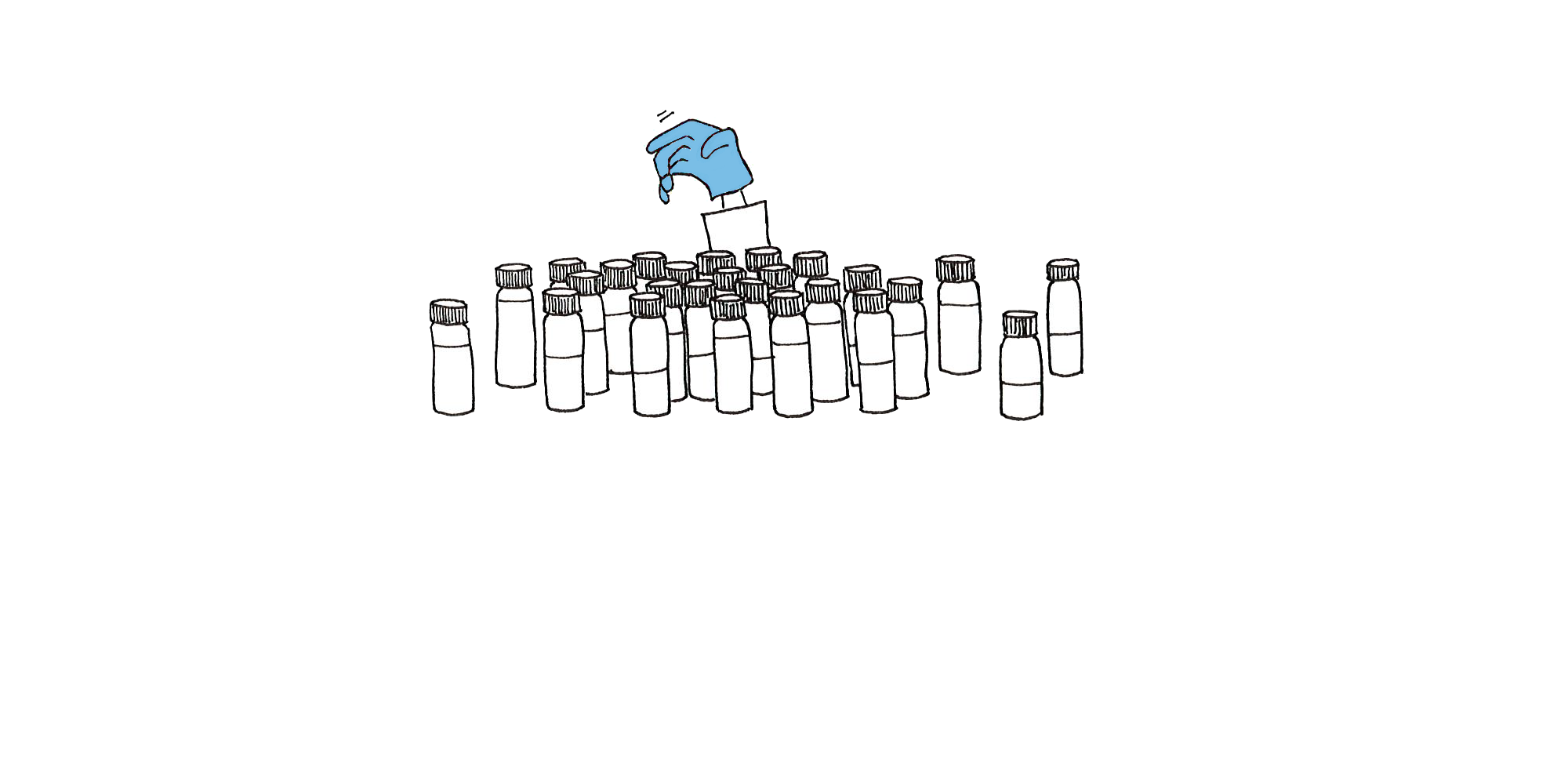Scientists are the last kind of people you’d expect to have superstitions.
But it’s fairly true – science comes with its own set of superstitions.
Which, if you are new or entirely foreign to the science world, wouldn’t make sense at first. But trust me, as you start delving deeper in there, everybody (or so I think) starts developing some strange set of beliefs that have no reasonable explanation.
For example, you have been trying something that has not been working for you, and you are baffled. It seems to work fine for all those other research groups that have a research publication out on the same topic every couple of months. So it definitely works, but what in the world are you doing wrong?
Then you either realize yourself that it must be your “handling”, or you talk to someone who is doing this already and they tell you something particular they do when they do it (in other words, it must be your handling). So you start doing some ritualistic “prep” steps before you begin the process (nothing creepy like animal sacrifice or the kind, but more related to some general lab washing protocols, or how many gloves you should set aside for a protocol, or some equipment settings).
So now, if it works, it was due to this “new” thing, although it doesn’t make any sense why that should have affected the procedure to such a great extent, if at all.
And if it still doesn’t work, then no idea why it didn’t. But congratulations, you have still added a dubious step to your protocol, which you are not sure of, but that’s how it is done, so that’s how it is going to be for all future generations of researchers (and let’s keep it, because it is “good” practice, after all).
So in a science lab, you’ll probably find lots of things that have no logic. People do specific things because they believe that if they don’t wash their slides exactly 4 times, in the right sequence, for the exact amount of seconds, then 11 steps later, they’d discover it didn’t work – again (and well, we are methodical). Or they have procedures that seem to have this seasonal dependency on what month they are being done in (which, again, is not related to position of stars in the sky or if Mars is in retrograde or not). And of course, if that machine is not starting up, drat! That’s because it’s Friday. It’d be fine on Monday.
When you are working in areas that you don’t know anything about, when you are wandering into the unknown (that is the whole point of getting a PhD: to add something new to the knowledge existing in the world), then it sometimes becomes an emotional need to hold onto some explanation before we find out the real one.
So we develop theories on why something isn’t working. We make links where none exist. And this is where we are supposed to be good at, too, because ultimately, on the verge of discovery, this exact habit comes into play, when a reason finally clicks into place for some phenomena that’s been defying all explanations so far.
And in the world of science, some things do work without you knowing why. And often, that’s just how it is (until someone writes a paper about it).
